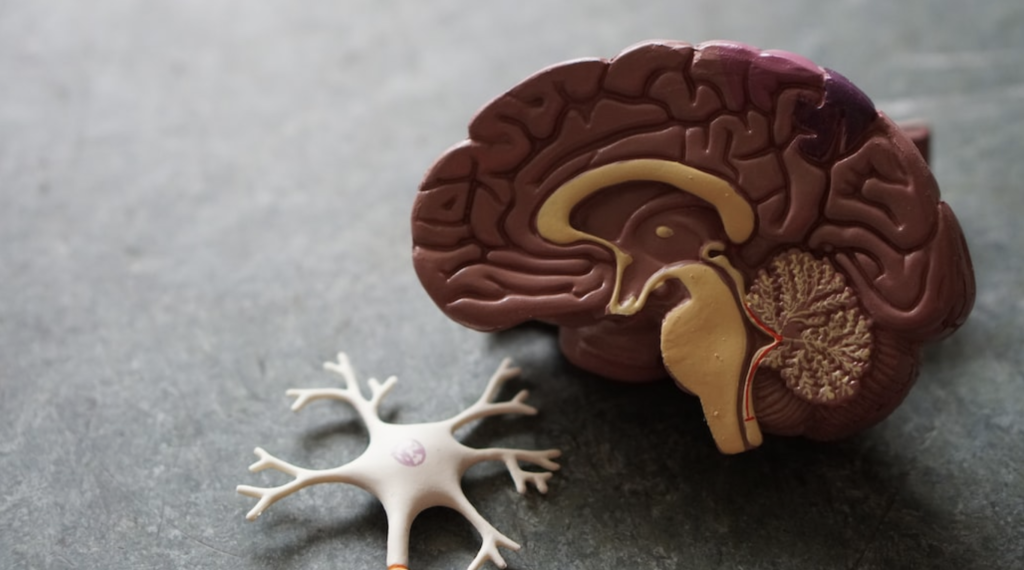CC: Unsplash
Donanemab, “seen as a turning point in dementia fight,” as per a report from the BBC, is a drug that has slowed cognitive decline of the symptoms of dementia/Alzheimer’s by 35% (as per data presented July 17 at the Alzheimer’s Association International Conference in Amsterdam).
This antibody can temporarily put a hold to the effects of the disease on the patient. “The rationale behind Donanemab is that targeting deposited plaque itself is necessary to clear existing amyloid burden from the brain, rather than merely prevent deposition of new plaques or growth of existing plaques.” (Source: https://www.alzforum.org/therapeutics/donanemab)
Donanemab is primarily targeted towards patients in the early stages of the disease, and has shown significant results depicting an optimistic future in finding a cure/cures for the disease.
Before continuing, it should be known that though the symptoms of Alzheimer’s disease and dementia diseases are similar, their causes are usually different. Generally, all diseases that contribute to memory loss are due to nerve cell damage and plaque build up, and Alzheimer’s disease is no different.
It is caused due to the abnormal or excess build up of protein in and around brain cells, and all diseases that come under dementia are due to nerve cell damage. Amyloid is one such protein that is most commonly present in Alzheimer’s disease patients.

Dementia is somewhat of an umbrella term, and includes various diseases and conditions that contribute to memory loss and odd behavior, Alzheimer’s disease being one, Parkinson’s disease, Chronic Traumatic Encephalopathy (CTE) among others.
Denenomab specifically targets the Amyloid protein, and is therefore subjected for Alzheimer’s disease, not other dementia diseases.
Previously, the FDA (food and drug administration) gave approval to another drug, Lecanemab, another drug whose main goal is to slow down cognitive decline as well. Both of these drugs aim to remove amyloid plaque from the brain, which is presumed to be the cause of the disease in the first place.
In a nutshell, the main purpose of Donanemab is to clear amyloid plaque present in the brain, which is usually present in Alzheimer disease patients.
It should be noted that these drugs do have side effects, some concerning, such as internal brain bleeding and/or swelling, and even four deaths – three of whom were tested in the Donanemab group. Though the probability of such risks are rare, intensive research and development is still required until they can officially be licensed as drugs.
It should also be understood that the drug doesn’t stop cognitive decline, it is just that it slows or delays the symptoms of cognitive decline, and that the known symptoms are bound to be visible in patients over an extended period of time.
As per JAMA, “Donanemab significantly slowed Alzheimer disease progression, based on the iADRS (Integrated Alzheimer’s Disease Rating Scale) score.”
This new drug could possibly open doors to finding a temporary cure for the disease, and make it long lasting instead of permanent – similar to diabetes or asthma.
References:
John R. Sims, MD. “Trial of Donanemab in Early Symptomatic Alzheimer Disease.” JAMA, JAMA Network, 17 July 2023, jamanetwork.com/journals/jama/fullarticle/2807533.
MC, Irizarry, et al. “Donanemab.” ALZFORUM, www.alzforum.org/therapeutics/donanemab.
FDA Grants Accelerated Approval for Alzheimer’s Disease Treatment, https://www.fda.gov/news-events/press-announcements/fda-grants-accelerated-approval-alzheimers-disease-treatment




